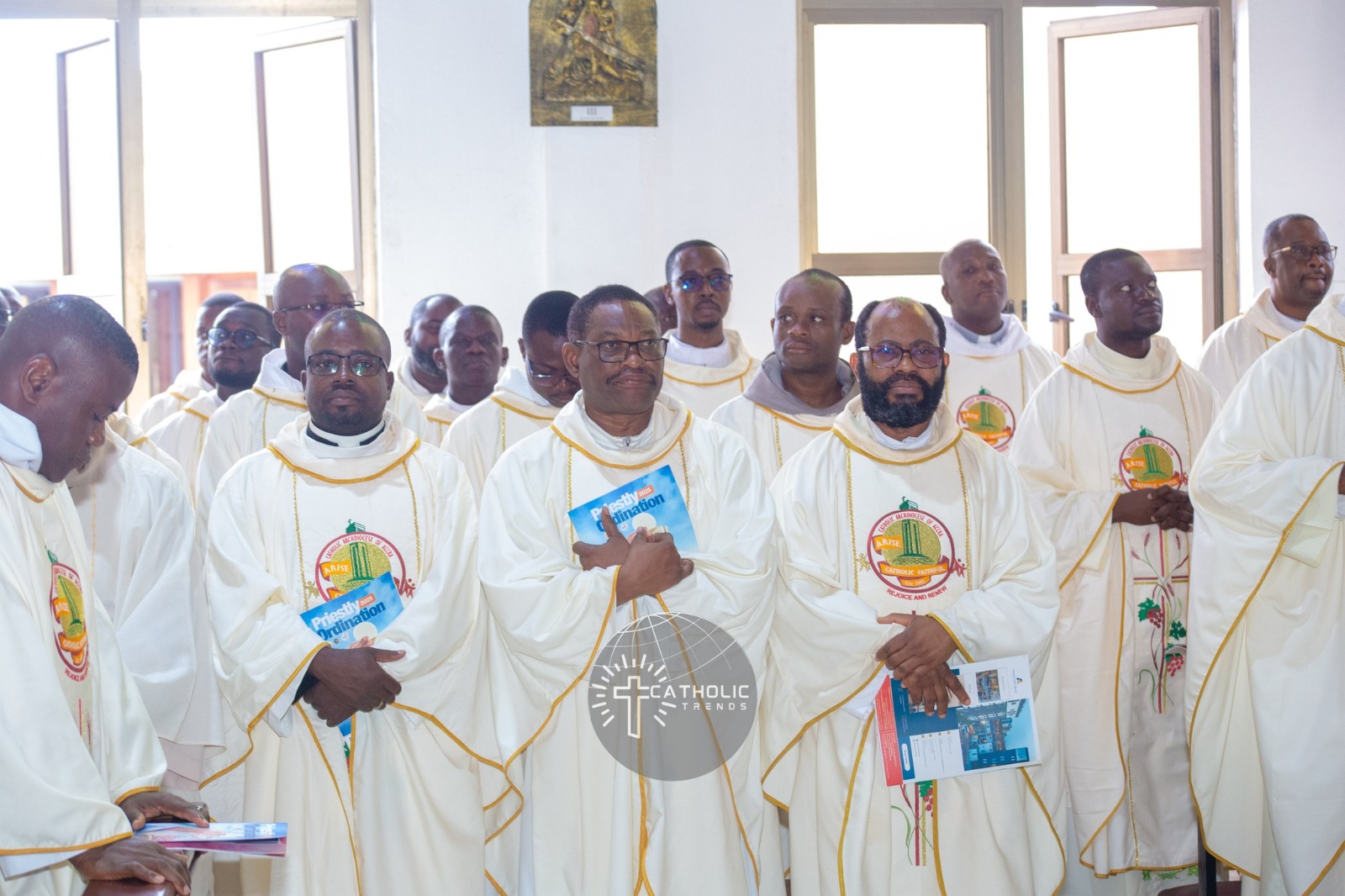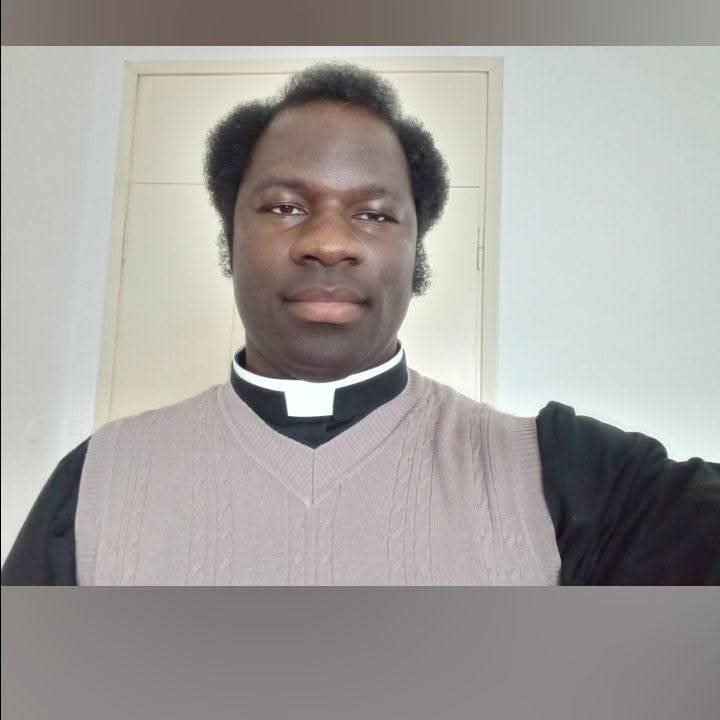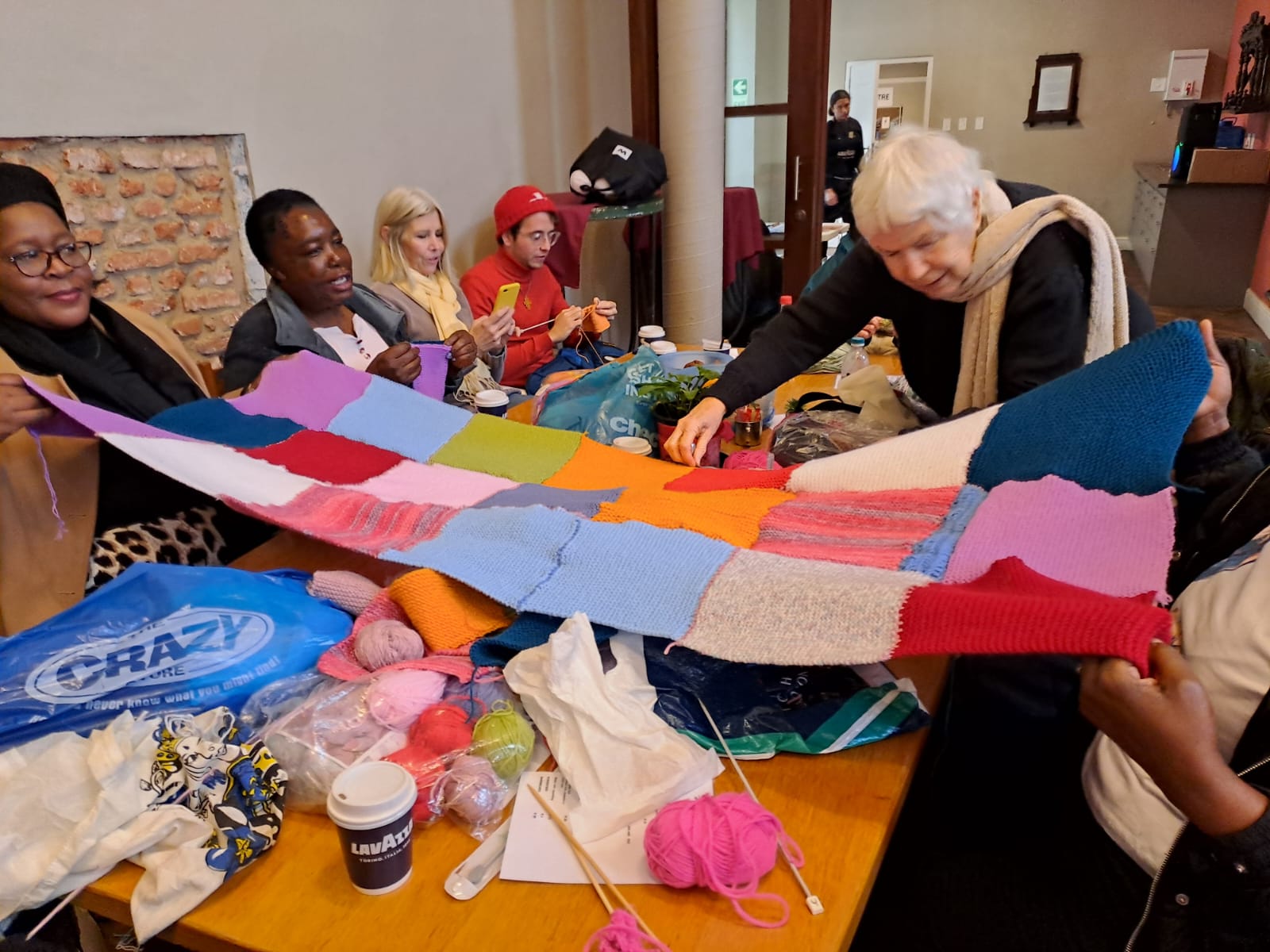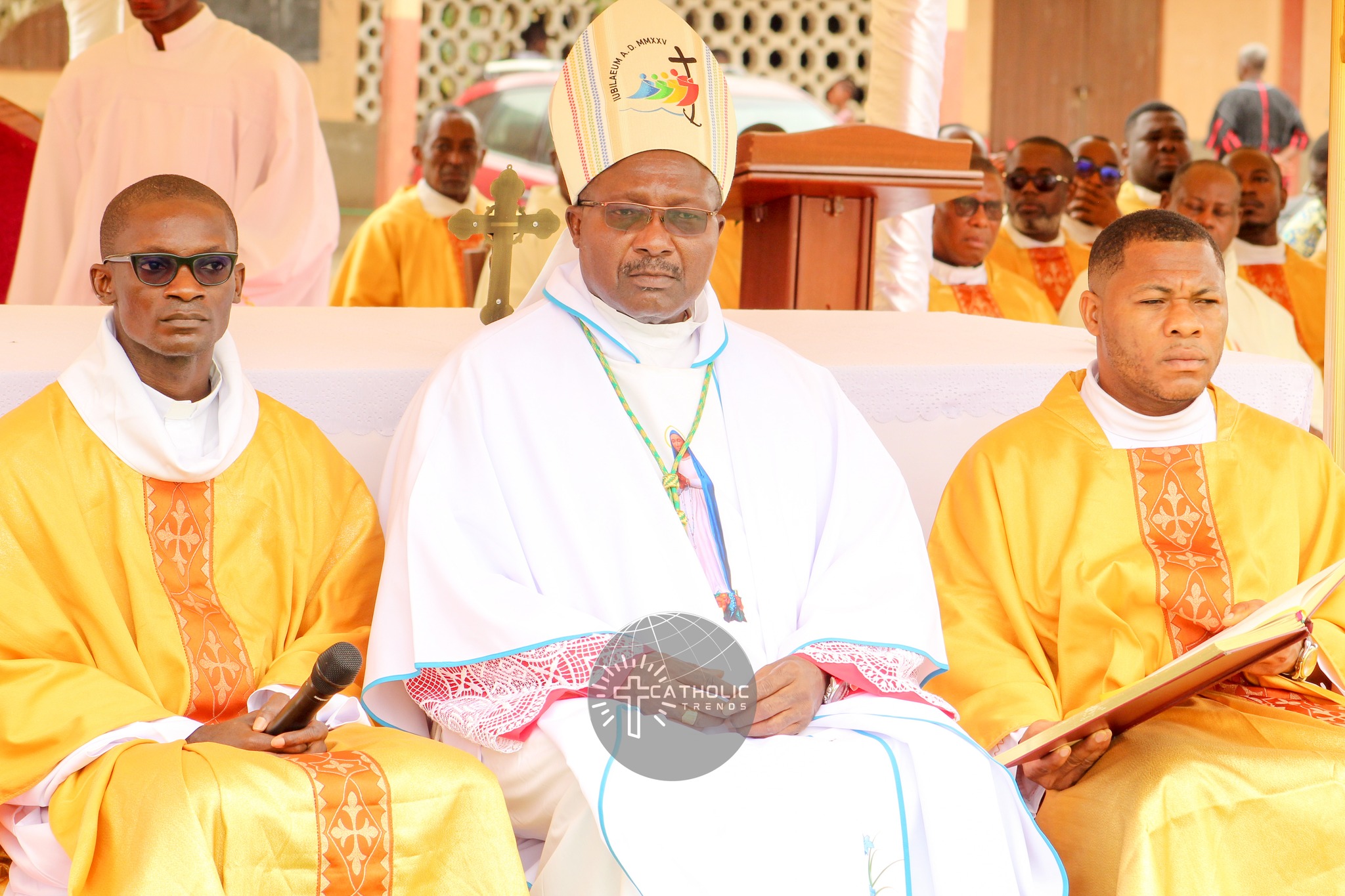Chancellor of the Pontifical Academies of Sciences, Cardinal Peter Kodwo Appiah Turkson, has called on Christians and religious believers not to root their convictions in fear, but in relationship and discovery of meaning.
Speaking in an interview on Channel One TV, monitored by Catholic Trends, Cardinal Turkson addressed the common misconception that religion, particularly Christianity, is driven by fear of punishment or disaster.
“Christianity or religion is not based on fear. That’s why if adversity and disaster is our source of belief, then we are on the wrong track,” the Cardinal said.
He stressed that genuine religious conviction must stem from a personal and transformative encounter with God, not fear of condemnation.
“Religion is based on relationship. And the nature of the relationship is what determines your faith,” he added.
Dismissing fear-driven religion as inadequate and misleading, Cardinal Turkson instead called for a deeper spiritual reflection on the purpose and meaning of life. He explained that authentic faith grows from inner exploration and a desire to understand the larger context of human existence.
“There has to be the need to discover a relationship, so I will emphasise that more,” he said.
“And it is with this that people rather reflect on the meaning of life and in that reflection, come to the conclusion that there is more to life.”
He went on to explain that such reflection often leads people to re-examine the foundations of their lives and turn to sources that present a deeper, more integrated vision of reality.
“…There needs to be a look at sources which have presented life differently within the context of then and now and our relationship now,” Cardinal Turkson noted.
His remarks was a response to a question bothering on whether many are drawing more to religion out of fear of phenomenons such as Covid-19 and existential uncertainty due to conflict, climate change, and cultural shifts.
For the Cardinal, these moments are not reasons to embrace religion out of panic, but opportunities to search for authentic relationship with the divine.
“If adversity and disaster is our source of belief, then we are on the wrong track,” he concluded, reiterating his call for a reflective, relational, and life-affirming understanding of faith.










![[Article] Beginning Holy Matrimony without the bride and, or the groom? – Part 1](https://catholic-trends.com/wp-content/uploads/2025/05/4.jpg)





![[Reflection] Jubilee Year : Awaken and allow hope to flourish](https://catholic-trends.com/wp-content/uploads/2025/08/Screenshot-2025-08-12-192412.png)

Discussion about this post